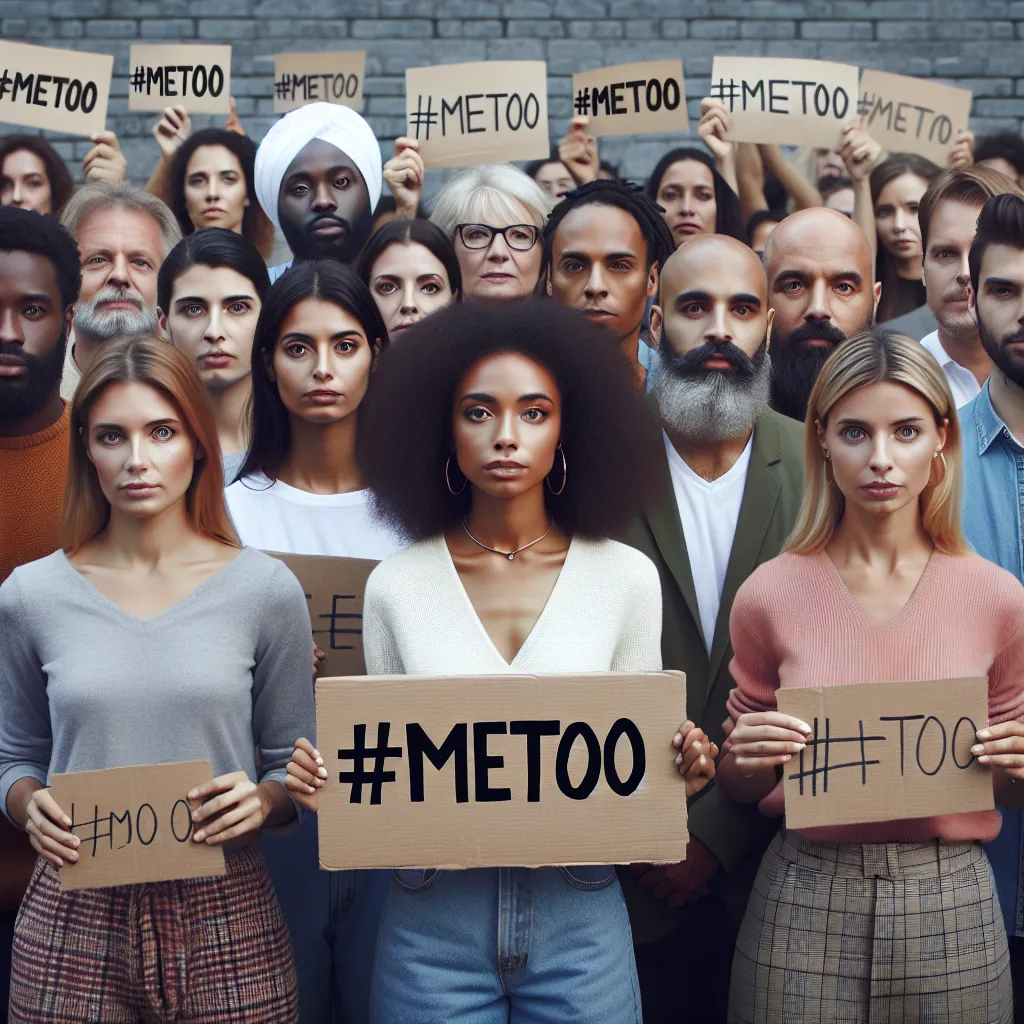As an experienced IELTS Speaking examiner, I can confidently say that being able to articulate recent trends in your industry is a crucial skill for achieving a high score in the IELTS Speaking test. This topic not only demonstrates your awareness of current developments but also showcases your ability to express complex ideas clearly and fluently in English.
Nội dung bài viết
Understanding the Task
The question “Describe a recent trend in your industry that you have noticed” is a common topic in IELTS Speaking Part 2, also known as the Long Turn. This question type has been increasingly popular in recent years and is likely to remain so due to its relevance in assessing a candidate’s ability to discuss professional and academic subjects.
 IELTS Speaking Examiner
IELTS Speaking Examiner
Part 1: Introduction and Interview
Before diving into the main topic, let’s look at some questions you might encounter in Part 1 related to your work or studies:
- What do you do for a living?
- Do you enjoy your job/studies?
- How has technology changed your industry in recent years?
Let’s focus on the third question as it relates closely to our main topic.
Sample answer (Band 7-8):
“Technology has revolutionized my industry in numerous ways. For instance, in marketing, we’ve seen a significant shift towards digital platforms. Social media marketing and data analytics have become essential tools for understanding customer behavior and tailoring our strategies accordingly. It’s fascinating to see how quickly things evolve and how we need to constantly adapt to stay competitive.”
Part 2: Long Turn
Now, let’s look at a possible cue card for the main topic:
Describe a recent trend in your industry that you have noticed.
You should say:
- What the trend is
- When you first noticed it
- How it has affected your work or studies
- And explain why you think this trend has emerged
Sample answer (Band 7-8):
“I’d like to talk about a recent trend in the marketing industry that I’ve observed, which is the growing importance of personalization in digital marketing strategies.
This trend first caught my attention about two years ago when I noticed that many successful campaigns were focusing on creating tailored experiences for individual customers rather than using a one-size-fits-all approach.
The rise of personalization has significantly impacted my work as a marketing specialist. We now spend much more time analyzing customer data and creating buyer personas to understand our target audience better. This information helps us craft more relevant and engaging content that resonates with specific segments of our audience.
I believe this trend has emerged due to several factors. Firstly, advances in technology and data analytics have made it possible to gather and process vast amounts of customer information. Secondly, consumers are becoming increasingly discerning and expect brands to understand their unique needs and preferences. Lastly, the saturation of digital content has made it crucial for companies to stand out by offering more personalized experiences.
In my opinion, this trend is likely to continue evolving, with even more sophisticated personalization techniques emerging in the future. It’s an exciting time to be in the marketing industry, as we constantly need to adapt and innovate to keep up with these changes.”
Possible follow-up questions:
- How do you think this trend will develop in the future?
- Are there any potential drawbacks to this trend?
Sample answer for question 1 (Band 8-9):
“I believe the trend of personalization in marketing will continue to advance rapidly in the coming years. We’re likely to see even more sophisticated AI and machine learning algorithms that can predict customer behavior with incredible accuracy. This could lead to hyper-personalized marketing, where every interaction a customer has with a brand is tailored specifically to their preferences and needs. However, this will also raise important questions about data privacy and ethical use of personal information, which the industry will need to address proactively.”
Part 3: Two-way Discussion
In this part, the examiner might ask more abstract questions related to industry trends:
Examiner: How do you think technological advancements are changing the job market in general?
Sample answer (Band 8-9):
“Technological advancements are fundamentally reshaping the job market in numerous ways. On one hand, we’re seeing the automation of many routine tasks, which is leading to the displacement of some traditional jobs. This is particularly evident in manufacturing and certain service industries.
However, these same technological advancements are also creating new job opportunities in fields like data science, artificial intelligence, and cybersecurity. There’s a growing demand for professionals who can develop, manage, and interpret the output of these new technologies.
Moreover, technology is changing the nature of work itself. Remote work has become increasingly common, enabled by digital communication tools. This shift is not only changing where people work but also how they work, promoting more flexible and collaborative work environments.
At the same time, these changes are highlighting the importance of continuous learning and adaptability in the workforce. As technology evolves rapidly, workers need to constantly update their skills to remain relevant in the job market.
In my view, while these changes present challenges, they also offer exciting opportunities for those who are willing to embrace lifelong learning and adapt to new ways of working. The key will be in finding ways to harness technology to enhance human capabilities, rather than replace them entirely.”
Key Vocabulary and Phrases
Here are some advanced vocabulary items and phrases that can help you achieve a higher score:
-
Paradigm shift (noun) – /ˈpærəˌdaɪm ʃɪft/ – A fundamental change in approach or underlying assumptions.
Example: “The move towards remote work represents a paradigm shift in how we view the workplace.” -
Disruptive innovation (noun phrase) – /dɪsˈrʌptɪv ˌɪnəˈveɪʃən/ – An innovation that creates a new market and value network, eventually disrupting existing markets.
Example: “The rise of e-commerce platforms has been a disruptive innovation in the retail sector.” -
To leverage (verb) – /ˈlevərɪdʒ/ – To use something to maximum advantage.
Example: “Companies are leveraging big data to gain insights into consumer behavior.” -
Cutting-edge (adjective) – /ˈkʌtɪŋ edʒ/ – The most advanced stage of development; innovative or pioneering.
Example: “Our company is investing in cutting-edge AI technologies to stay ahead of the competition.” -
To streamline (verb) – /ˈstriːmlaɪn/ – To make a system or organization more efficient and effective by employing faster or simpler working methods.
Example: “The new software has helped us streamline our production process, increasing efficiency by 30%.”
Examiner’s Advice
To achieve a high score in the IELTS Speaking test when discussing industry trends:
- Stay informed about current developments in your field. Read industry publications and follow relevant news sources.
- Practice explaining complex ideas in simple terms. Use analogies and examples to illustrate your points.
- Develop a range of advanced vocabulary related to your industry and practice using it in context.
- Work on your pronunciation and fluency. Record yourself speaking and listen back to identify areas for improvement.
- Be prepared to discuss both positive and negative aspects of trends, showing critical thinking skills.
Remember, the key to success in IELTS Speaking is not just about what you say, but how you say it. Confidence, fluency, and the ability to express your ideas clearly are all crucial factors in achieving a high score.
For more tips on improving your IELTS Speaking skills, check out our guide on how to describe a new skill you learned during lockdown. This can be particularly relevant when discussing how industry trends have affected personal development.


